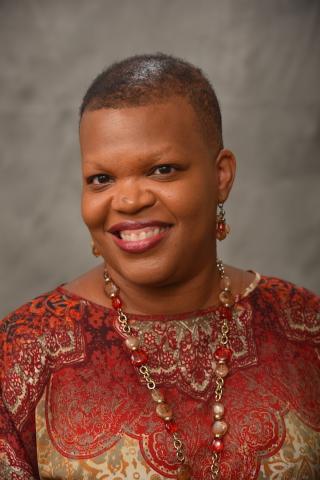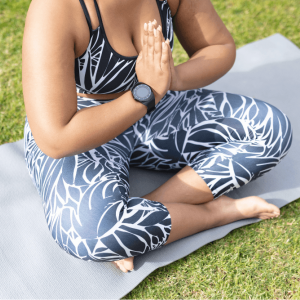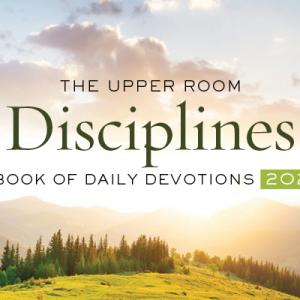
Chanequa Walker-Barnes is a theologian and psychologist. She is associate professor of pastoral care and counseling at McAfee School of Theology at Mercer University and her newest book is Sacred Self-Care (HarperOne, 2023).
Posts By This Author
Yes, Self-Care Is a Christian Discipline
I embarked on a journey to self-care with a few small changes: affirmations, daily prayer and meditation, regular exercise, and breaks during my day. Within weeks, I felt better physically and emotionally. I felt more secure in my own identity and more connected to other people. But there was an unanticipated benefit: I felt more connected to God. It turned out that the more I cared for myself, the more I wanted to serve God in the world.
Awake, Alert, and Ready To Act
Read 1 Thessalonians 5:1-6
“Stay woke” is a common phrase these days, a cultural call to arms designed to galvanize people’s attention to social and political issues. Wikipedia traces its etymology to African American vernacular English, but while that is true of its current popularization, followers of Christ recognize its scriptural heritage. “Stay awake,” Paul wrote to the church in Thessalonica, warning them against being lulled into a false sense of peace and security.
#DefundThePolice Because They Won't Reform Themselves
That’s how fragile black life in the U.S. is. Our risk of being killed by police hinges on little things like the weather.
‘I Am Frequently Reminded I Am an Outlier’
An excerpt from "I Bring the Voices of My People," by Chanequa Walker-Barnes.
“WHY AM I here?” The question echoed in my head as it had on countless prior occasions. It seems that I cannot participate in a meeting or conference about Christian community development, social justice, or racial reconciliation without the question emerging at least once. As an African American woman, I am frequently reminded that these spaces are not my home. I am an outlier: I am neither White nor male, and I don’t fit neatly into any of the typical Protestant boxes. I am too evangelical to be mainline, too mainline to be fully historical Black church, and too historical Black church to be evangelical. Sometimes I even feel too interfaith to be Christian. I am often alone in a room full of people—the only woman of color and even the only African American woman. The conversations in these spaces are often overtly patriarchal, dismissing women’s experiences and expertise. These groups think diversity is achieved if they include men of color and White women, both of whom make pronouncements about race and gender that are assumed to capture everyone’s experiences but that exclude those of women of color. I am often forced into the position of being the “Yes, but” voice. It is soul-wearying. And yet I—we—stay.



